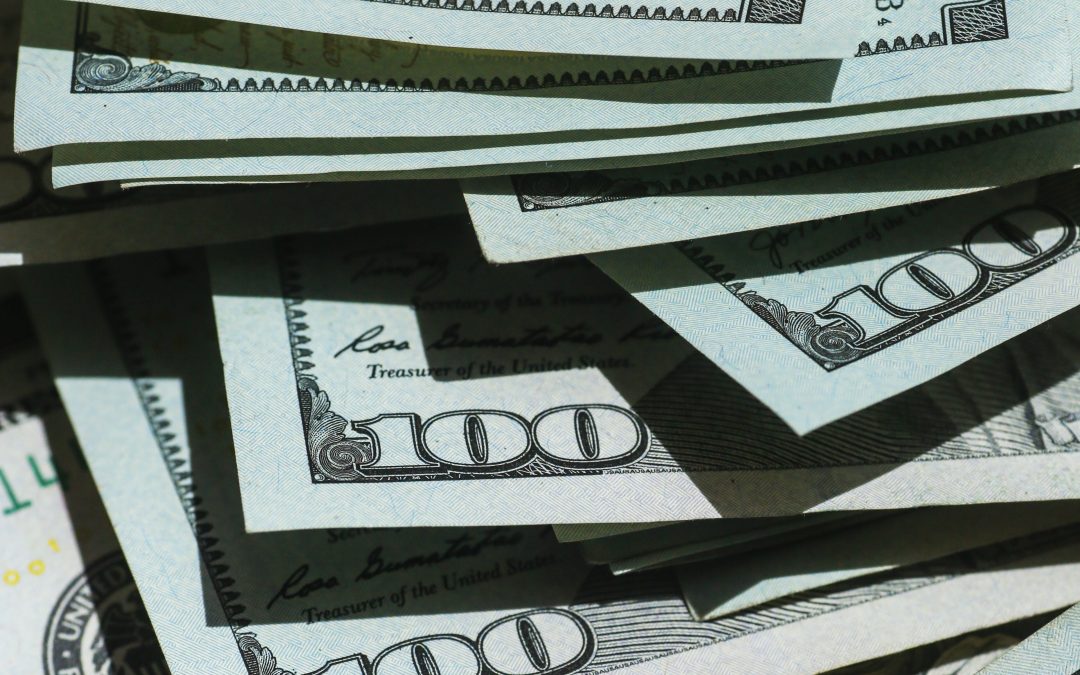New studies this week found that marijuana is associated with reduced use of unregulated opioids. Funding for similar studies seems likely. In Michigan Wayne State University now offers an undergrad certificate in Cannabis Chemistry. Maryland legislators make it easier to buy cannabis than many of its neighbors. And Marylanders deliver an $87 million thank you. Share consolidation grows increasing common as cannabis companies scramble not to be delisted. Evidence mounts that marijuana is associated with reduced use of unregulated opioids.
Wayne state offers a Cannabis undergrad certificate
Wayne state program details https://clas.wayne.edu/chemistry/undergrad/uc-cannabis-chemistry
Maryland’s first month sales of adult use legalization a record $87 million
https://www.washingtonpost.com/dc-md-va/2023/08/02/maryland-july-cannabis-sales/
Share consolidation sweeps marijuana industry https://mjbizdaily.com/share-consolidation-sweeps-cannabis-industry-as-stock-prices-flop/
Understanding How CBD Helps Lower Blood Pressure: Insights from a Recent Study
Introduction:
Blood pressure regulation is a critical aspect of overall health, and scientists have been investigating the potential benefits of cannabidiol (CBD) supplementation in managing high blood pressure. A recent study, known as the HYPER-H21-4 trial, delved into the effects of CBD on blood pressure and explored the underlying mechanisms behind its potential benefits.
The Controversy Surrounding CBD and Blood Pressure:
CBD, a compound derived from the cannabis plant, has gained attention for its potential health benefits. However, its effects on blood pressure have been debated. To shed light on this topic, researchers conducted a randomized, placebo-controlled, crossover trial called HYPER-H21-4. The aim was to investigate whether a 5-week administration of CBD could lead to a reduction in blood pressure among individuals with Grade 1 hypertension. Grade 1 hypertension, also referred to as Stage 1 hypertension, is a mild form of high blood pressure characterized by systolic readings between 130-139 mmHg or diastolic readings between 80-89 mmHg.
Exploring the Mechanism: The Role of Catestatin:
In a specific part of the HYPER-H21-4 trial, researchers set out to understand how CBD might lower blood pressure. They focused on a molecule called catestatin, which has been linked to the regulation of blood pressure. Catestatin is known to have a calming effect on the sympathetic nervous system, which plays a role in controlling blood pressure.
Study Details and Findings:
The study included 54 participants with Grade 1 hypertension. These individuals were divided into groups, with some receiving CBD supplementation and others receiving a placebo for a 5-week period. Researchers measured the levels of catestatin in the participants’ blood before and after the treatment.
The results showed that the group receiving CBD experienced a notable decrease in serum catestatin levels compared to their baseline measurements. This decrease in catestatin was not observed in the placebo group. Specifically, the average serum catestatin concentration dropped from 13.50 ng/mL to 9.65 ng/mL in the CBD group.
Correlation between Catestatin and Blood Pressure Reduction:
Further analysis revealed interesting correlations. At the beginning of the treatment, participants with higher levels of catestatin had a more significant reduction in mean arterial pressure (a key indicator of blood pressure) after CBD supplementation. This suggests that the initial levels of catestatin might influence the extent of blood pressure reduction achieved with CBD.
Additionally, the study found a strong connection between the change in catestatin levels and the reduction in mean arterial pressure. In other words, the greater the change in catestatin levels, the more substantial the decrease in blood pressure.
Implications and Future Research:
The findings from this study provide valuable insights into the potential mechanisms behind CBD’s ability to lower blood pressure. It appears that CBD may interact with the sympatho-chromaffin system, a network that influences blood pressure regulation. However, the study also emphasizes the need for further research to fully understand the complex relationship between CBD, catestatin, and blood pressure.
Conclusion:
In conclusion, the HYPER-H21-4 trial’s substudy offers intriguing evidence that CBD supplementation could indeed play a role in reducing blood pressure by influencing the sympatho-chromaffin system. By targeting molecules like catestatin, CBD may contribute to a more balanced blood pressure in individuals with Grade 1 hypertension. While these findings are promising, continued research is essential to unlock the full potential of CBD as a natural approach to managing blood pressure and improving overall cardiovascular health.







